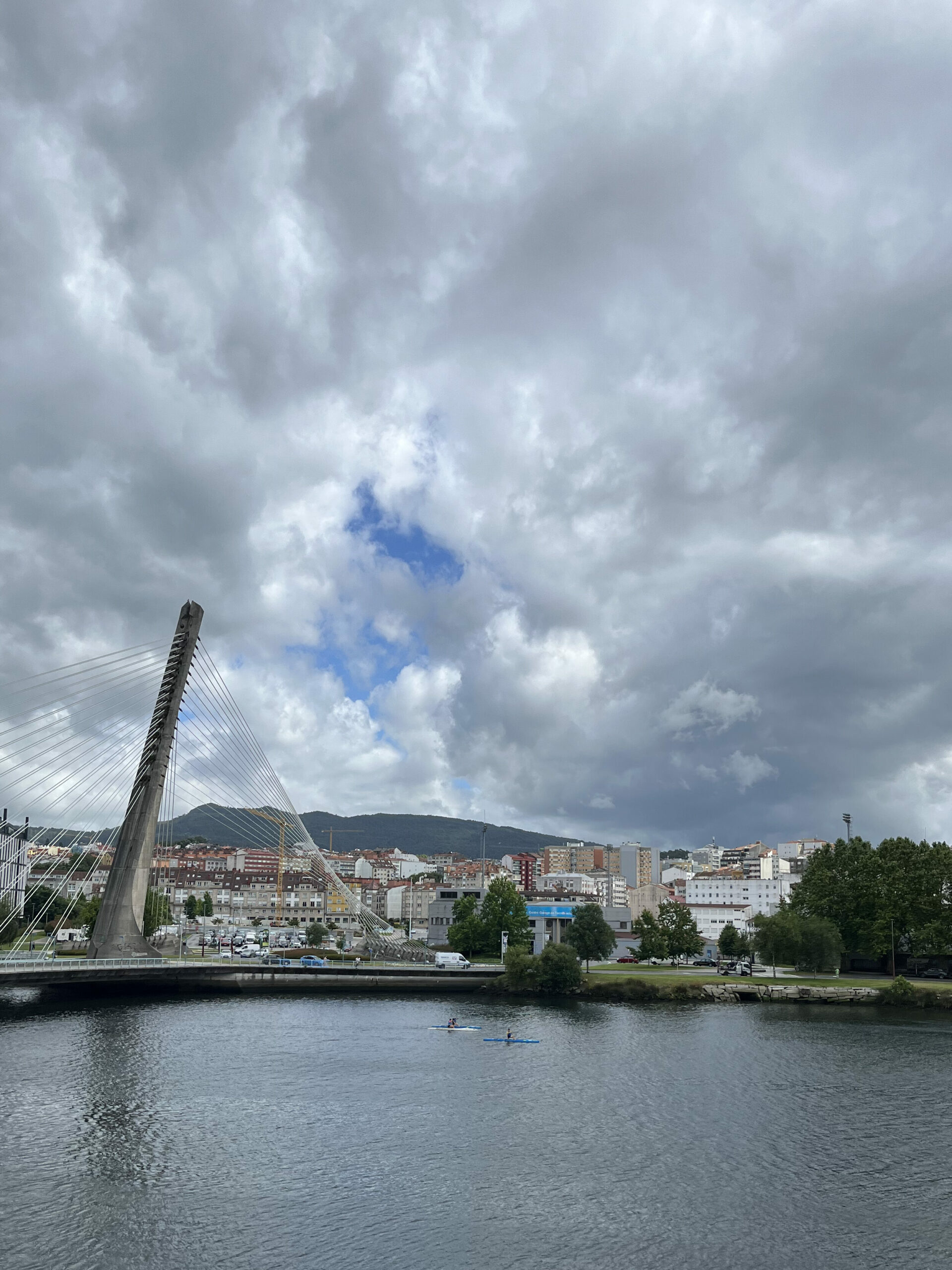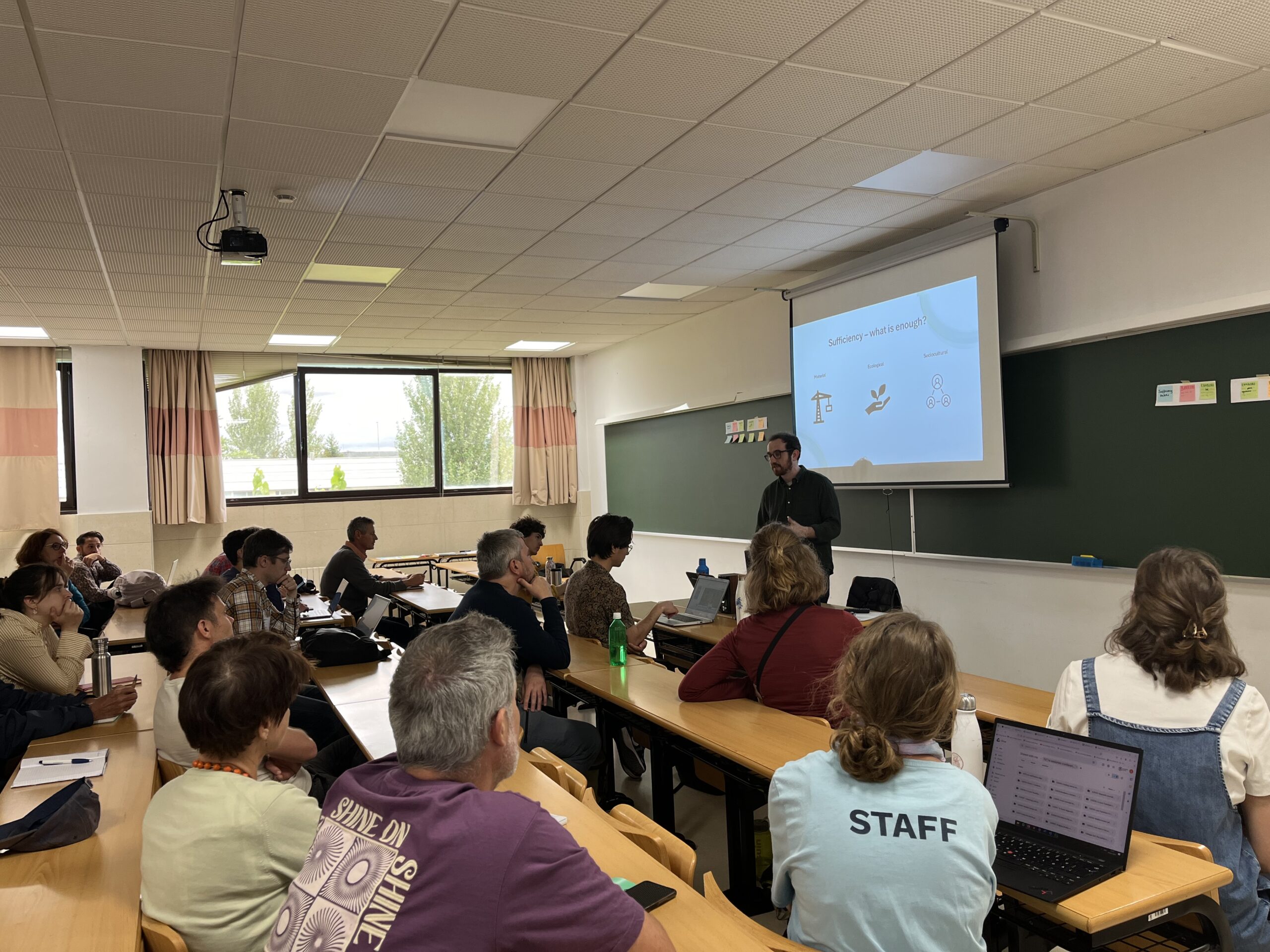June 2024 in Pontevedra, Spain
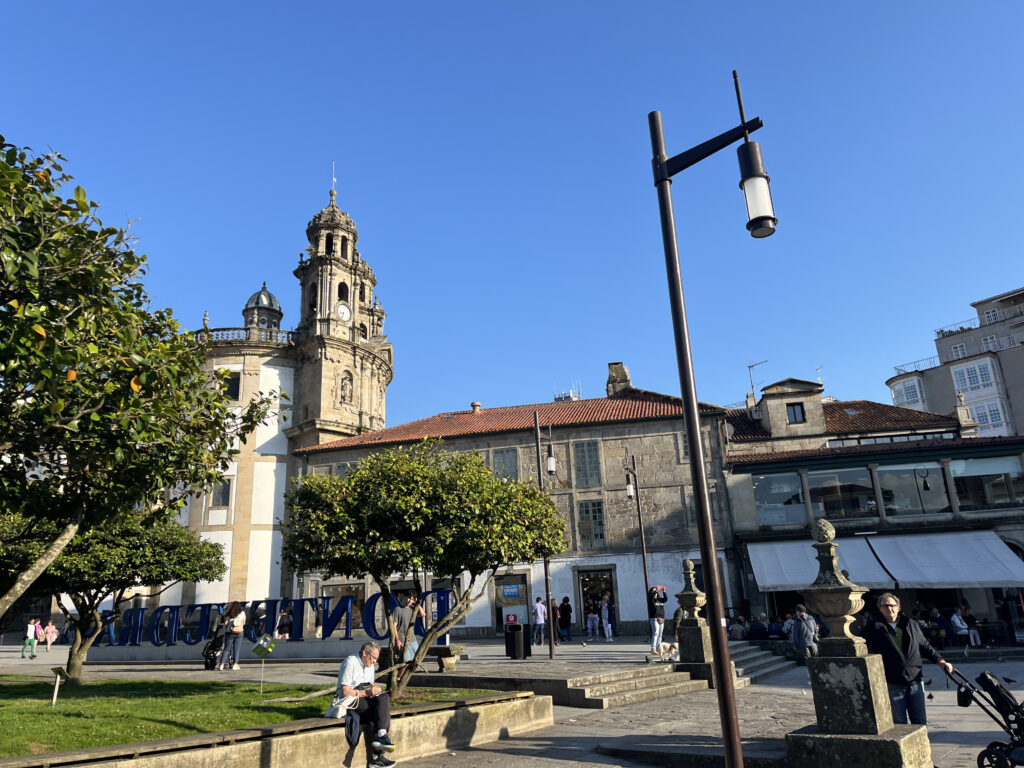
Between June 18-21st 2024, FULFILL held a dedicated session in the context of the 10th International Degrowth Conference and the 15th Conference of the European Society for Ecological Economics (ESEE) in the city of Pontevedra (Galicia, Spain). The conference had almost 2000 participants and was ” organized around principles of degrowth, with a strong focus on advancing human and environmental wellbeing, promoting cooperation, democracy, inclusiveness, transparency, and solidarity”.
FULFILL’s Session in the Conference
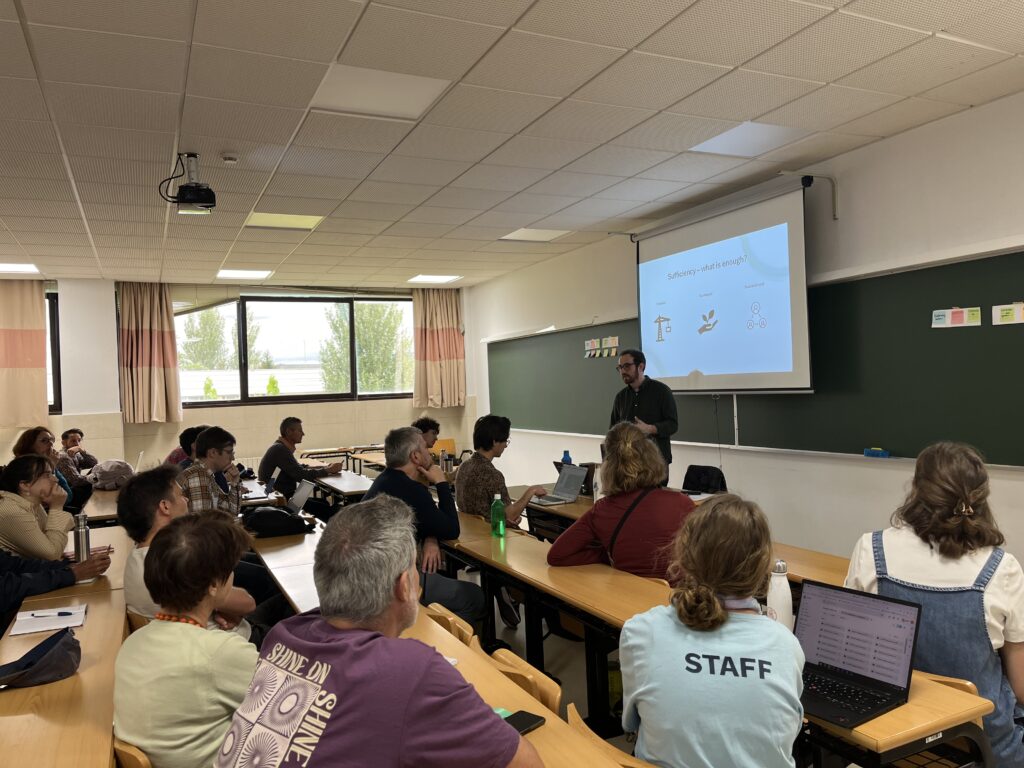
FULFILL was given the time to conduct a productive 2-hour session on the importance of sufficiency in the green transition and in building a sustainable future for all. The focus on reducing energy demand by using only what we need and what we already have is directly aligned with the principles of Degrowth that serve as a foundation for this conference. The session was thus the perfect context in which to present final results of the project to an engaged and passionate audience.
The session began with a keynote speech by Seán Fearon, Ecological Economist and CUSP Research Fellow at the University of Surrey, who spoke about the definition and relevance of sufficiency in our society. This was then followed by presentations from Fiona Breucker, Research Fellow at the Jacques Delors Energy Centre, and Alicia Barbas, Events and Communications Officer for the Jacques Delors Energy Centre, on the 3 levels of research results from FULFILL:
- Micro (sufficiency habits)
- Meso (sufficiency local initiatives and infrastructures)
- Macro (sufficiency policies and societal norms)
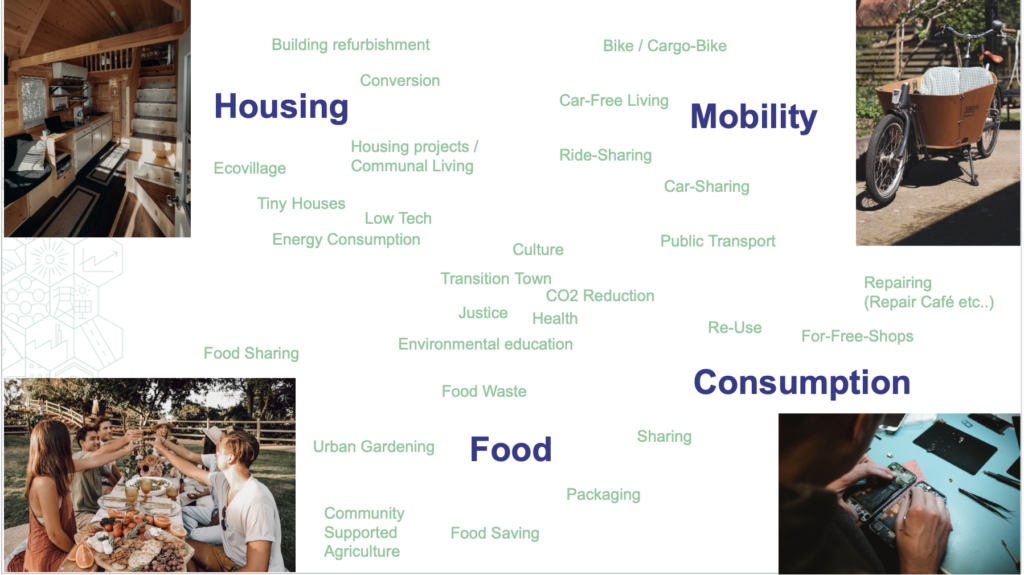
Interactive Part of the Session
After the presentations, the 35 participants began the world café, where they held different discussions on sufficiency issues and contributed ideas to further develop sufficiency policies. They moved between 3 tables:
- Food : participants wrote sufficiency habits, barriers to adopting these habits, enablers (citizen organizations and local infrastructures) and additional non-energy benefits of this.
- Transportation : participants wrote sufficiency habits, barriers to adopting these habits, enablers (citizen organizations and local infrastructures) and additional non-energy benefits of this.
- Policy Recommendations : participants looked at some of the main outcomes of the FULFILL project (policy recommendations to be made at national and EU levels) and added different ideas as part of a stimulating discussion.
Below are some results from the “Transportation” and “Policy Recommendation” tables.


Overall, the session was a success! Participants were eager to learn more about FULFILL as well as the importance of sufficiency in the green transition and in moving toward a more sustainable, livable society for all.
